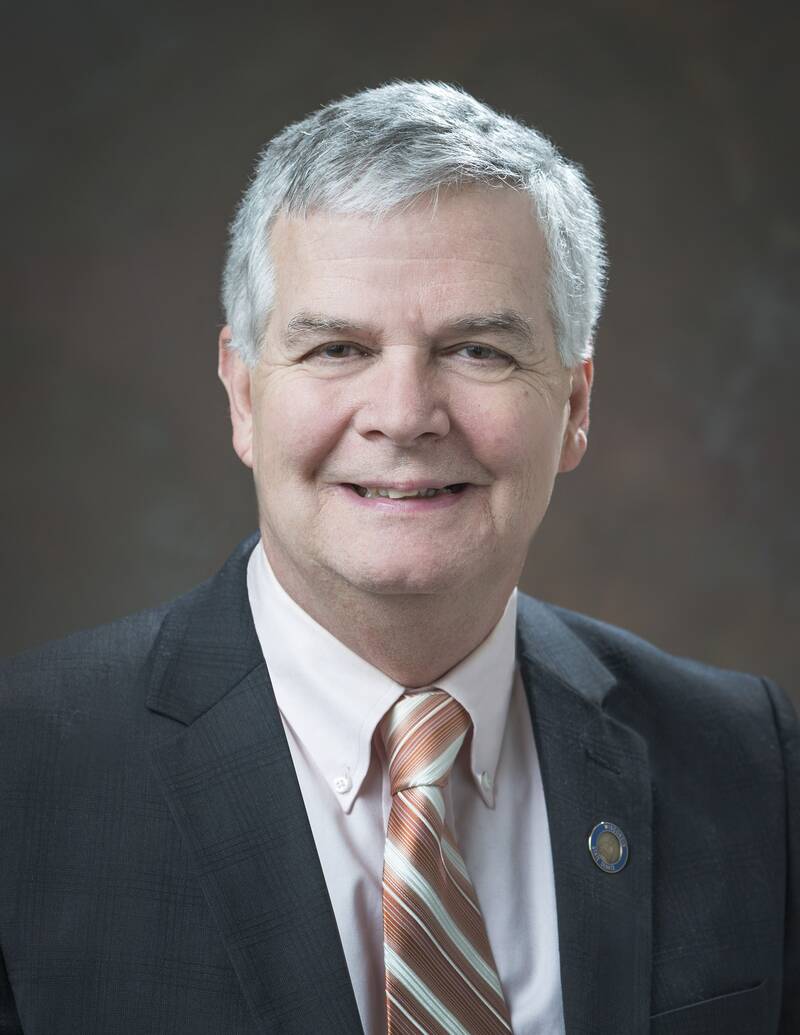Do you ever wonder how our economy stopped working for all of us? How have we arrived at stagnant wages, mega-rich corporations buying elections and people lacking essential access to healthcare?
Politicians like to cherry-pick numbers to show the economy is doing well under their watch. That’s why every Republican in this state talks about the unemployment rate. Here’s the dirty little secret -- they use the unemployment rate because it’s easy for voters to understand and it’s easy to manipulate. And it seems to work, too often, on people. They’re willing to overlook the insulting tweets from the White House because they’ve been told the economy is so great. But who is the economy really working for?
The unemployment rate is measured by how many people are looking for work. It doesn’t factor in many people who are underemployed or have given up on their work search. These people are forgotten. They gave up and were ignored. These individuals include people who took an early retirement, our adult children living in our homes, low-income workers who scrape by on whatever means they can or people who lost it all and are homeless. Just because the “numbers” sound good, doesn’t mean that people aren’t struggling.
The media judges our economy by the numbers. And, as we know, numbers can be skewed to show whatever we want. It seems the media takes the easy way out by reporting how the stock market does each day or over a period of time. That means stockbrokers and corporations are doing well, but where are the wages? It’s just rich people getting richer off of us.
A number I never see is how many jobs some people work to pay their bills. The most important measure of our economy is income.
Income disparity has never been greater. Why should anyone work one full-time job and still struggle to live? Everyone deserves a chance to live free and have a quality life. We are not put on this earth just to serve others without the chance to enjoy our own lives. That’s why you’ve heard so often about $15 per hour as a “living wage.” That’s the minimum anyone should be paid to afford health insurance, food, and a place to live. So why’s our “minimum wage” stuck at $7.25? That should be called “less than half a wage.” Why should someone have to work more than one job to get by?
There are numerous “hidden” factors in our economy affecting everyone, one way or another. Access to healthcare and college affordability are two of the biggest factors that can either enhance or hurt our earning potential.
During the 1940s, employers started offering health insurance policies as a way to attract workers and keep them healthy. It seemed like a win-win at the time. Nowadays, with the health insurance market too expensive, employees are stuck in jobs they may not like or they cannot afford to leave even if the pay is substandard. What if healthcare access wasn’t a factor in our career decisions? Would you, or someone you know, change jobs?
College affordability is becoming more difficult for our younger generations. Millennials and Generation Z graduates are entering the workforce with mountains of student loan debt. Sure, it’s easy to say don’t take out loans, but what jobs in our current economy don’t at least require a college degree or technical training? Unless wages increase, we cannot expect young people to save for retirement, buy houses or start families.
Our economy could do better if we start treating people better than corporations or treating people less like numbers. Every day, I hear stories from people in western Wisconsin trying to scratch out a living, raise a family and enjoy life. These stories can be uplifting and heartbreaking at the same time. When you hear how well the economy is doing, don’t be afraid to ask yourself: “Is it working for everyone?”



Add new comment